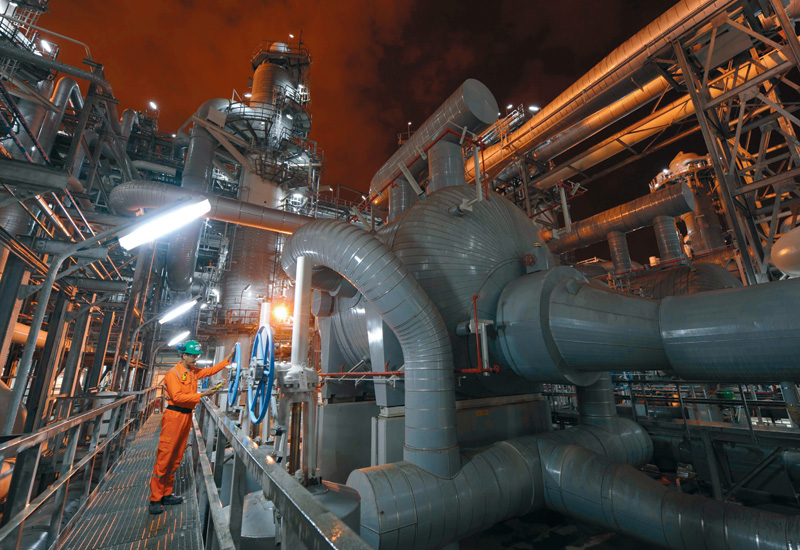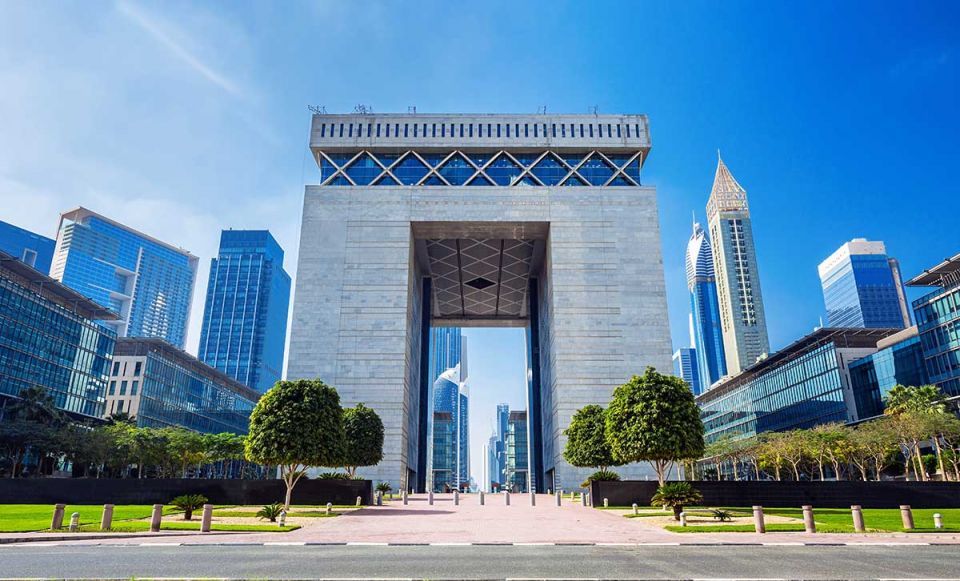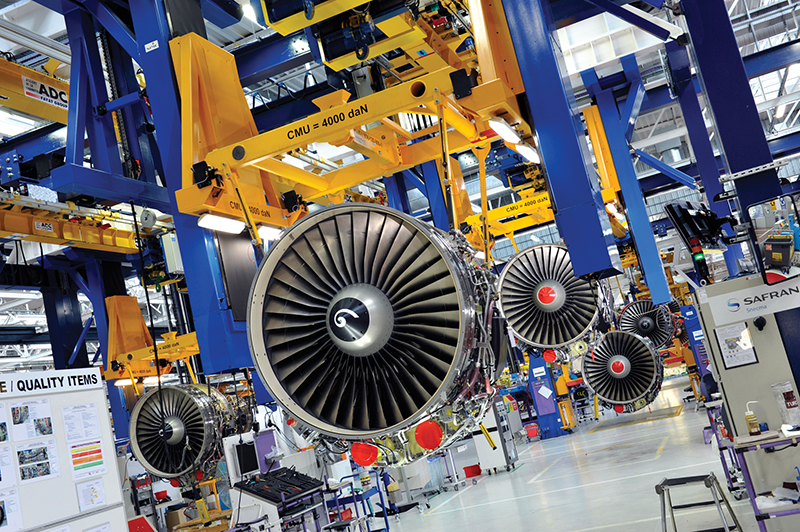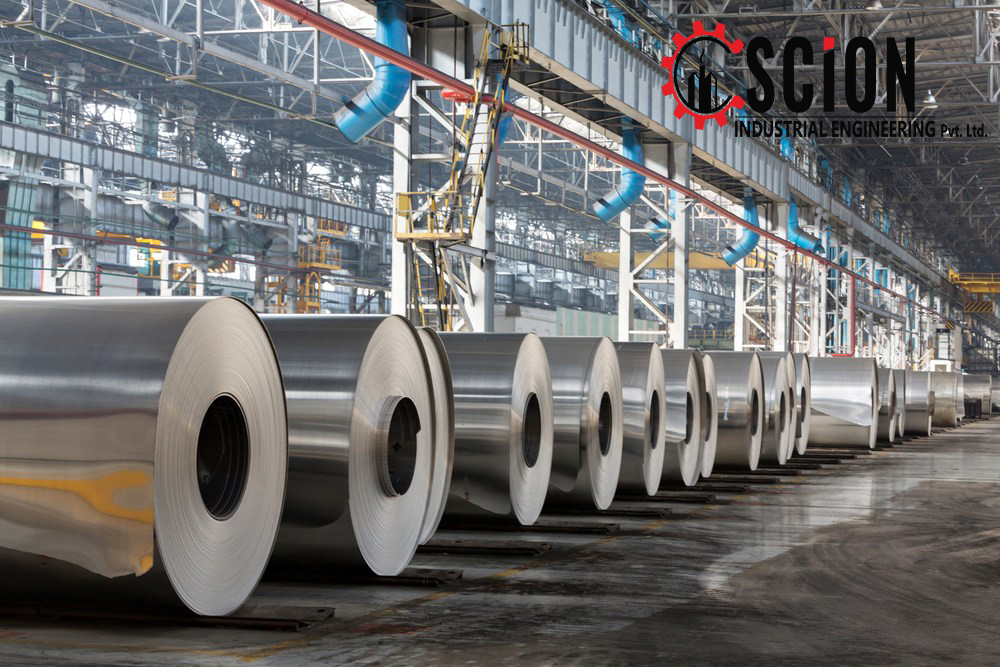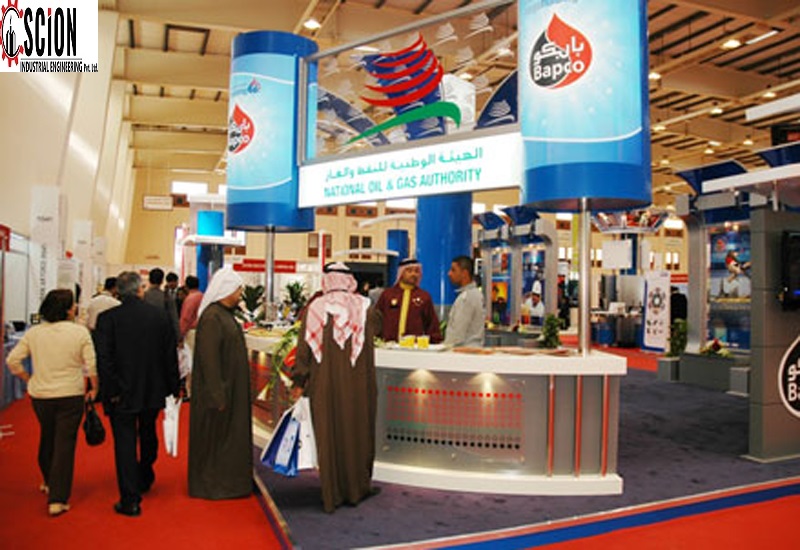It is critical for Turkey and the United Kingdom to sign a trade deal by the end of this year in order to avoid any negative implication on the two countries’ trade volume after Brexit, said Osman Okyay, the chairman of the Turkey-U.K. Business Council.
The cooperation in the defense industry will grow independent of Brexit and there is no sign it could be affected by the F-35 crisis between Turkey and the United States, according to Okyay, vice chairman of Kale group, a Turkish partner in the multinational F-35 fighter jet program.
Were you expecting the British to vote for Brexit and to confirm their decision by voting for Boris Johnson?
I was not expecting they would vote for Brexit in the referendum. Afterwards as well I thought there could be perhaps a second referendum.
But at the current situation I think the British public acted with the feeling that uncertainty is the worse.
What will be Brexit’s potential effects on Turkish-U.K. relations?
The U.K. is a very important trade partner for us. It is a market where Turkey can sell its industrial products like automobiles, and we import similar products. In other words, the trade composition is based on real sector. The trade volume is in favor of Turkey, we nearly export twice the amount we import.
Around 98 percent of our trade is tariff free. After Brexit, this will automatically be canceled. Intensive efforts started to sign a free trade or trade deal by the end of this year.
The kind of deal the U.K. will strike with the EU is critical. What will be the U.K.’s position: Will it be like Norway, Canada or Switzerland, because all different alternatives entail different status. Or will there be no deal at all. The U.K.’s deal with EU is critical for us because of our customs union with the EU. So actually, there is too much uncertainty.
The U.K.’s trade agreements with third parties will also have implications on Turkey. If the deals with countries such as Vietnam, China, Thailand, which are our competitors in certain sectors, will be in conditions more favorable than ours, this could harm us.
This is an equation with too many unknowns. We have a period of 10 months. For us, it is imperative to finalize a deal so our trade is not negatively affected.
Do you see the same willingness from the U.K. to finalize a trade deal with Turkey by the end of this year?
I can’t comment about the target for the end of the year; but we have been hearing from the highest levels that Turkey is one of the U.K.’s target trade partners for post Brexit. This is an important indicator.
Will a free trade deal further boost the bilateral trade?
If we were to include services sector that would mean an automatic boost in the trade volume. Agriculture or some other sub sectors could be included; but I cannot predict at this stage whether a free trade deal will be more advantageous than the customs union. If the U.K. were to experience a loss in its trade with the EU, then the importance of countries which it sees as target trade partners will increase.
But trade is not the only dimension of our economic relations. We have cooperation in defense industry. The U.K. is one of the countries with one of the most investments in Turkey. They also want to cooperate with Turkey in our hinterland. I am expecting to see a more structured approach from the U.K.
Can you elaborate?
Turkey is good in terms of production and the U.K. is good in terms of developing technology. I think there is a natural potential to do business together. And I have to say that we keep hearing tremendously warm messages from the U.K.
You mentioned defense cooperation, how do you think this will be affected?
Currently we have very warm relations. We have a cooperation in defense industry which will not be affected by Brexit. As the Kale group, we are one of the partners, and the British companies are working to take an active role in Turkey’s first indigenous generation of fighter jets: TF-X aircraft.
Currently BAE Systems and Turkish Aerospace Industries (TAI) have already started work on the design of the body of the plane. These works have been continuing for the past few years. On the other hand, there is an offer we gave together with Rolls-Royce for the engines of the fighter jet and talks [with the Turkish side] is continuing over this offer. We see a tremendously constructive approach from the U.K. side on that issue as well.
At one stage there were news that Rolls-Royce was planning to withdraw from the project?
Rolls-Royce never had plans to withdraw. We just had a meeting two weeks ago and the offer is still valid, there is absolutely no backing down. When you are talking about the production of a jet engine, these are projects for the long haul. It is only natural that it takes a long time.
You said the U.K. is showing a constructive approach, what do you mean?
I believe they are very eager. Independent of Brexit, Turkish-U.K. defense industry cooperation will continue to grow.
The U.S. decided last year to suspend Turkey from the joint production of F-35 fighter jets as a reaction to its purchase of Russian S-400 missiles. As Kale group you are manufacturing parts for the F-35. How have you been affected?
If Turkey were to be excluded from the F-35 program, there will be loss of business for the Turkish industry. If you ask whether that has been realized, the answer is no. We continue our production. The deadline which has been voiced by the Pentagon is March 31. There are three options; either the cooperation will totally end after that date, or Turkey could continue to be a supplier for some time since it might take time to replace it, or the supply chain will continue as it is without being affected. We do not know which of these options will take place.
And how is the U.K.-Turkey cooperation is affected, or will it be affected?
It has been two years since the contract to purchase S-400s has been signed. The first part of the delivery of S-400s took place last summer.
During all this time our defense relations have continued without experiencing any negative development. The work on the joint design of the fighter jet with BAE is going on, our negotiations together with Rolls–Royce with the Turkish government is continuing and this issue has never come up.
Obviously, defense industry is one of the first and most affected sectors from deterioration of diplomatic relations between countries. There is always this risk. Have we seen any sign [about this risk]? No, on the contrary there are very warm relations. In fact if you think about the U.K.’s relations with Russia, one could have expected them to react. But it continues its full-fledged support to the TF-X.
WHO IS OSMAN OKYAY?
Osman Okyay is currently the Chairman of Turkey-U.K. Business Council and Vice Chairman of Kale Group, which he joined in 1994.
Okyay took the initiative to diversify Kale Group into high-tech fields and international partnerships. Kale’s partnerships with Pratt & Whitney and Rolls Royce were led by Okyay.
Okyay serves as the Chairman of Chamber of Commerce & Industry of Çanakkale province and is also a board member of Turkey-Canada Business Council, as well as Turkey-USA Business Council under the Foreign Economic Relations Board of Turkey (DEİK).
A board member at the International Investors Association (YASED), he is also the chairman of Aerospace Cluster Association (ACA-HUKD) headquartered in İzmir. A member of the General Assembly of OYAK Holding; Okyay also serves on the Board of Directors of Boğaziçi University and Fatih Sultan Mehmet University Foundations.
Source:https://www.hurriyetdailynews.com/turkey-uk-defense-cooperation-to-grow-after-brexit-completed-152109

